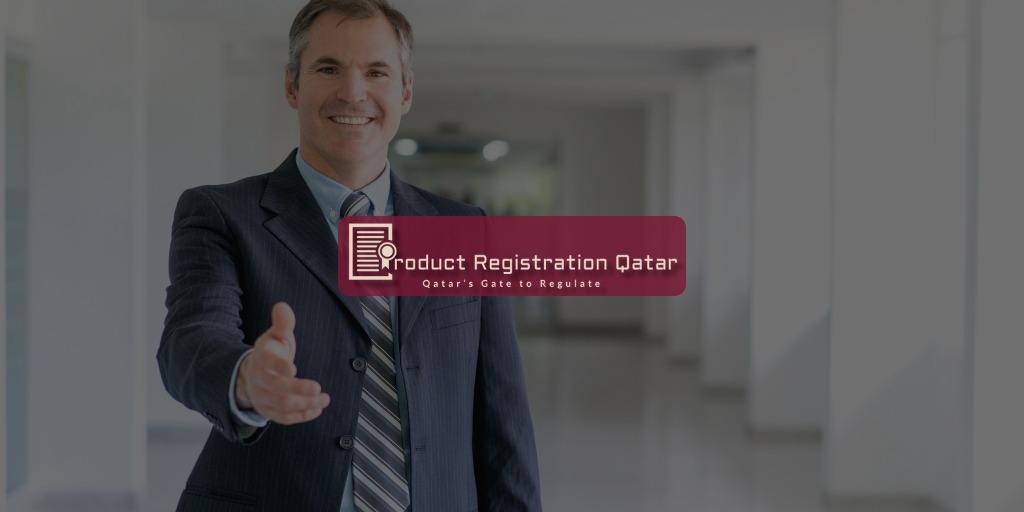Local Agent for Product Registration in Qatar (2025)
Do you need a local agent for MoPH approval in Qatar? Learn when it's required and how to choose the right partner with Product Registration Qatar.
BLOGS
5/16/20252 min read


Should You Work with a Local Agent for Product Approval in Qatar?
If you're planning to enter the Qatari market, you've likely asked this:
"Do I really need a local agent for product registration?"
It’s a valid question — and one that can affect your approval speed, operational control, and long-term market success.
Let’s break it down based on how Qatar’s Ministry of Public Health (MoPH) and other authorities work in real scenarios.
Why Local Representation Matters in Qatar
Unlike some markets, Qatar emphasizes local accountability.
MoPH systems, customs communications, and follow-up procedures often require a resident legal entity or licensed importer to:
Access digital portals
Submit documentation on your behalf
Communicate directly with authorities
Handle inspections or product recalls
Without a registered local presence, you're often unable to even initiate the submission process.
3 Main Options for Representation
Depending on your setup, there are generally three paths:
1. Direct Presence (Own Entity in Qatar)
If your company is registered in Qatar, you can handle submissions internally.
But this requires full setup (trade license, in-country staff, office space) and may not be cost-effective for smaller entries.
2. Local Agent or Distributor
Most common route.
You assign a trusted Qatari company to act as your representative for MoPH submissions, documentation, and product communication.
Pros:
Faster access to systems
Established regulatory relationships
Can act on urgent matters like recalls
Cons:
Less control over the process
Reliance on the agent's timeline and compliance quality
3. Regulatory Consultancy or Proxy Partner
Ideal if you want control without a full setup.
These partners act strictly as your regulatory bridge, not a commercial distributor.
Pros:
Full compliance support
Transparent reporting
Independent from sales/distribution politics
How the Wrong Choice Can Slow You Down
We’ve seen cases where businesses chose commercial distributors as agents, only to suffer delays because the distributor lacked compliance experience or failed to meet MoPH timelines.
In one instance, a supplement brand lost over 3 months due to a distributor who misfiled critical product documents. They switched to a regulatory proxy partner and got their approval within weeks.
What MoPH Really Expects
MoPH doesn’t officially "require" a local agent — but it does require that submissions come through a Qatari-registered party with access to the system.
For foreign brands, this is effectively the same thing.
In addition, MoPH expects:
Fast response to inquiries
Arabic communication
Access for physical inspections
Ongoing post-approval updates (especially for health-related products)
Without a partner who can handle this, your application is likely to stall or be rejected.
When a Local Agent Is the Right Call
You should strongly consider working with a local agent or proxy partner if:
You don’t have a legal entity in Qatar
You want to speed up entry without major investment
You need Arabic document handling
Your product requires fast-track support, such as in food, supplements, or cosmetics
✅ Need a Reliable Regulatory Partner in Qatar?
We act as your compliance backbone in Qatar — without interfering in your sales operations. From submission to final MoPH approval, we handle it all transparently.
Book your free regulatory consultation today or use the chatbot in the bottom right corner.
📚 Continue Reading
Understand the full MoPH approval process and what steps are required from start to finish.
Learn about the risks of delayed product approval and how to avoid common registration mistakes.
See why regulatory intelligence is critical when choosing partners or timing your market entry.
How do Qatar’s new eco rules impact your product? Stay compliant with key 2025 updates on safety and sustainability.
Worried your product might get rejected? Discover the top reasons MoPH disapproves submissions — and how to fix them before it’s too late.
Ready to Ensure Your Product is Fully Compliant?
Fill out the form below and let our experts guide you through label checks, formula validation, and registration—step by step.


